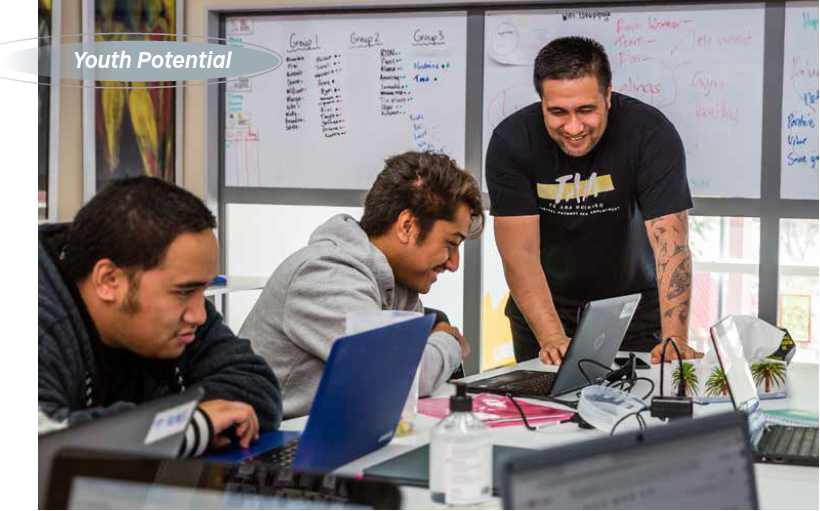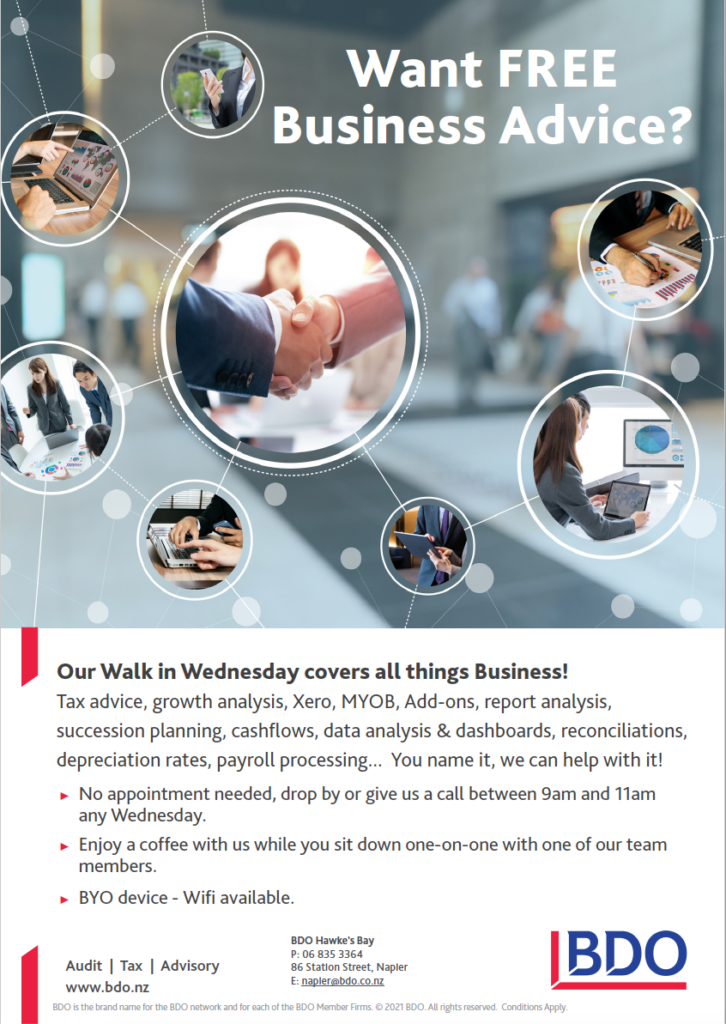COVID-19 has, in many respects, fast-forwarded changes that had been occurring slowly for years — it’s a big impact change that provided a platform to create a true shift in the way many businesses operate. We have seen the signposting for this change cycle of increased business flexibility via the rapid escalation and uptake of cloud based products such as Xero and the growth of remote operating systems such as wireless and mobile operated POS systems.
Below are 3 key issues every business needs to be aware of when taking into account this ever changing business landscape we are continuing to see in 2021 and will undoubtedly continue to operate in for the foreseeable future.
1. A deliberate focus
We are starting to see accelerated change in focussing on tackling business challenges of the future now — signifying that business owners are proactively addressing necessary change demanded by a range of factors.
This is not just about focusing on one aspect of an organisation’s culture such as values on a wall — rather, it is being deliberate in designing and building the culture and direction for an organisation, from elements of risk, through to innovation, customer satisfaction, employee wellbeing and beyond.
The common thread is the need for an agile mindset. Businesses that adapt to a changed situation quickly, even without the full picture, prove to be more resilient, and businesses are more likely to perform positively and proactively if you have already adopted a ‘risk-welcoming’ attitude.
Developing this mindset isn’t easy, because a more conservative approach is often more comfortable. Before taking the next step, leaders often seek clarity on the problems they are facing. But considering the longevity of this pandemic, clarity is likely to be a long way off, and waiting for information is more of a risk than making quick decisions with incomplete information. “The art of the unknown” is the skill of wading out into uncharted waters and being decisive in the face of uncertainty.
2. Redefining flexibility
We are now looking at the workforce of the future. In this future we are finding market forces and employee expectations are driving organisations to think about the ways they will need to operate in the future in order to maintain any kind of competitive edge. More and more employees have expectations of flexibility when seeking employment and are looking for organisations to deliver on this.
Another aspect of flexibility in the workplace, is that businesses are also now expecting this from other organisations that they interact with. Post 2020 lockdown, consumers and business to business operators largely expect organisations to be able to remain operating in some capacity and to still meet their business obligations. Government restrictions aside, if it is possible for your business to operate, there is a waning sense of understanding if the necessary plans have not been put into place by now. As part of this plan, organisations need to deliberately look at what elements of the work-from-home experience they need to put in place, want to retain, and how they will shift and grow their approach to flexible work in the future.
3. Creating a symbiotic relationship
Originally wellbeing was led from a compliance perspective — based on the concept of ensuring the physical safety of staff as they worked on the company premises. Gradually it became program based, focused on ‘how do we provide Employee Assistance Program (EAP) services, or wellbeing programs that provide support to employees beyond their immediate physical safety?’ Now the shift is in how we design the way we work to incorporate the whole sense of wellbeing for employees. It is an acknowledgment that when employees feel that their wellbeing is prioritised and accommodated for by their employer, that employee is willing to step up and be a full contributing team member when the organisation needs it the most — developing a true symbiotic relationship. It is considering how work needs to be performed, what work is essential in times of upheaval and how we consider the needs of individuals in designing work elements and integrating wellbeing into the way we work.
Recent changes to the way we work have been driven by large-scale events, changing attitudes and social pressure for demonstrated accountability — forcing organisations to redesign workforces that are centred on deliberate design and requiring a new set of skills and effective change management. Being able to provide your staff with the ability to (where possible) work remotely as well as providing wellbeing and equality policies is no longer a perk of your offer of employment but an essential element of your business plan. In today’s business landscape just having these policies in place is not enough. Your businesses ability to thrive in the unknown often directly relies on its people and their willingness to strive for mutual success — both for the individual and the organisation. For many organisations, the process of changing quickly and decisively can feel like too big a problem to face, but organisations who get this right are recognising that it pays dividends in staff satisfaction, customer retention, revenue, and growth — which all lead to bottom line performance.



